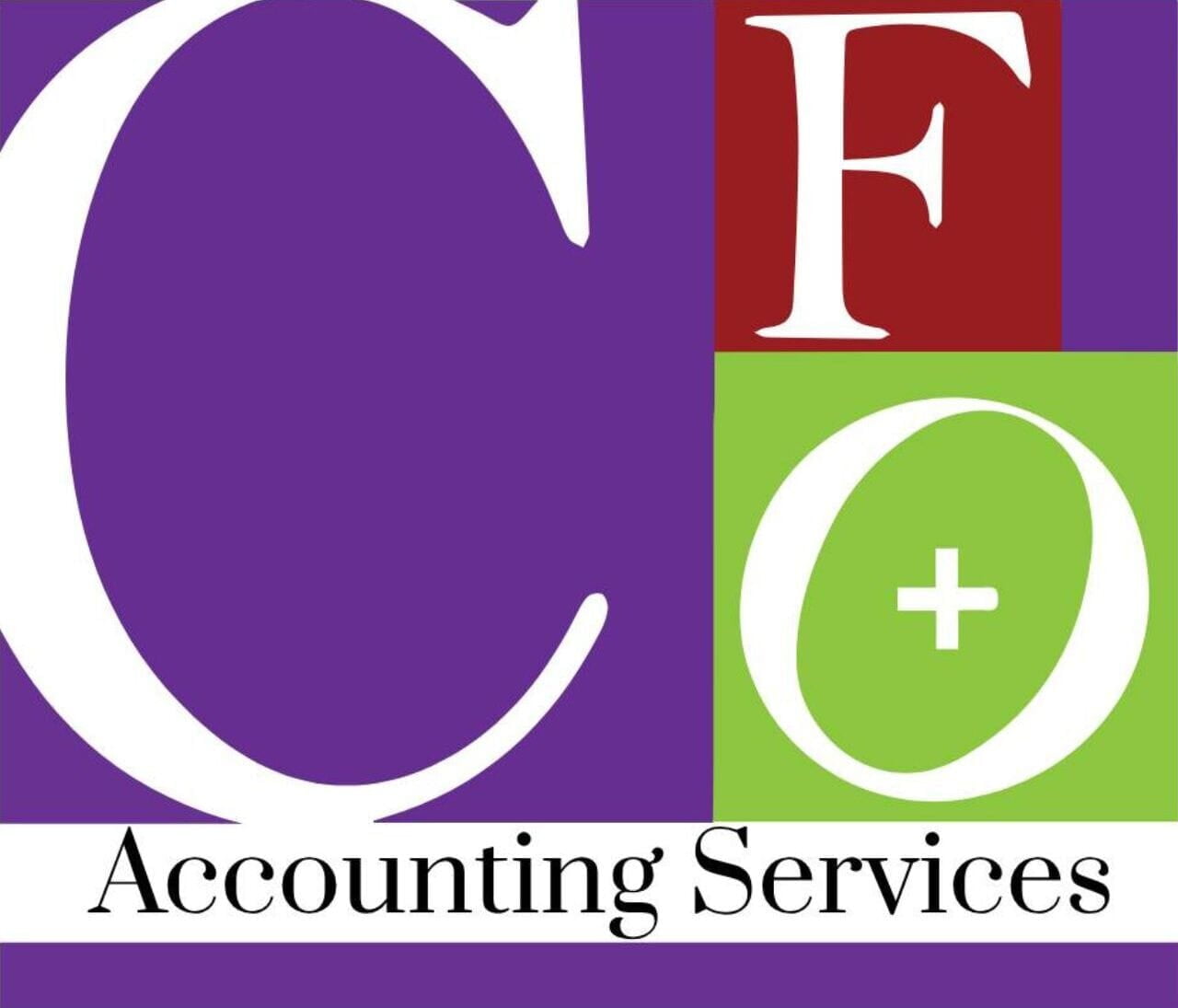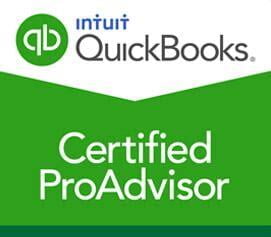What You Need to Know About Cash Flow
Cash flow is often referred to as the lifeblood of a business—and for good reason. Without a steady and healthy flow of cash, even the most innovative business ideas can face financial hardships. Yet, despite its importance, many business owners struggle to effectively manage their cash flow. Understanding and optimizing cash flow is key to not just surviving but thriving in today’s competitive business landscape. In this comprehensive guide, we’ll dive deep into why cash flow is crucial, common pitfalls to avoid, and actionable steps to maintain a healthy cash flow.
What is Cash Flow and Why Does It Matter?
Cash flow refers to the movement of money into and out of your business. This includes all cash generated from sales, investments, and loans (cash inflows) and expenses such as salaries, rent, utilities, and other operational costs (cash outflows). While revenue is vital for business success, it’s the flow of cash that determines your business’s financial health.
A positive cash flow means you have more money coming in than going out, allowing you to pay bills, invest in growth opportunities, and build a safety net for unforeseen expenses. Conversely, a negative cash flow indicates more money is leaving your business than entering it, which can lead to financial instability and, in extreme cases, bankruptcy.
The Importance of Cash Flow in Business Operations
1. Ensures Business Continuity
Your business’s day-to-day operations hinge on a steady cash flow. From purchasing inventory to paying employees, every aspect of your business requires cash. If cash flow dries up, it can lead to delayed payments, supply chain disruptions, and even employee dissatisfaction.
2. Enables Strategic Decision-Making
Cash flow gives you the flexibility to make informed, strategic decisions. With positive cash flow, you can invest in new technology, marketing campaigns, or hire additional staff to help your business grow. On the other hand, poor cash flow limits your options, often forcing you into short-term, reactive decision-making.
3. Provides a Buffer for Unforeseen Expenses
Unexpected costs are part and parcel of running a business. Equipment breakdowns, economic downturns, or emergency repairs can put a sudden strain on your finances. A healthy cash flow provides a buffer, allowing you to handle these unforeseen expenses without disrupting your business operations.
4. Attracts Investors and Lenders
If you’re looking for investment or loans, having a strong cash flow is crucial. Investors and lenders often scrutinize cash flow statements to assess the financial health and potential of a business. A positive cash flow demonstrates stability, making your business more attractive for external funding.
Effective cash flow management is a key driver of business success. It provides the flexibility to make strategic decisions, absorb unexpected expenses, and ensure your business can continue to operate smoothly. By taking control of your cash flow, you’re not just keeping your business afloat—you’re setting the stage for growth, profitability, and long-term success.
If you're ready to take a proactive approach to your business finances, download our Cash Flow Checklist. This comprehensive guide offers 20 actionable items to improve your cash flow management, giving you the clarity and control needed to drive your business forward.
Ready to Transform Your Cash Flow?
More Info Here






